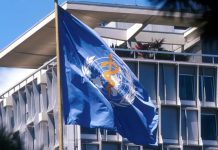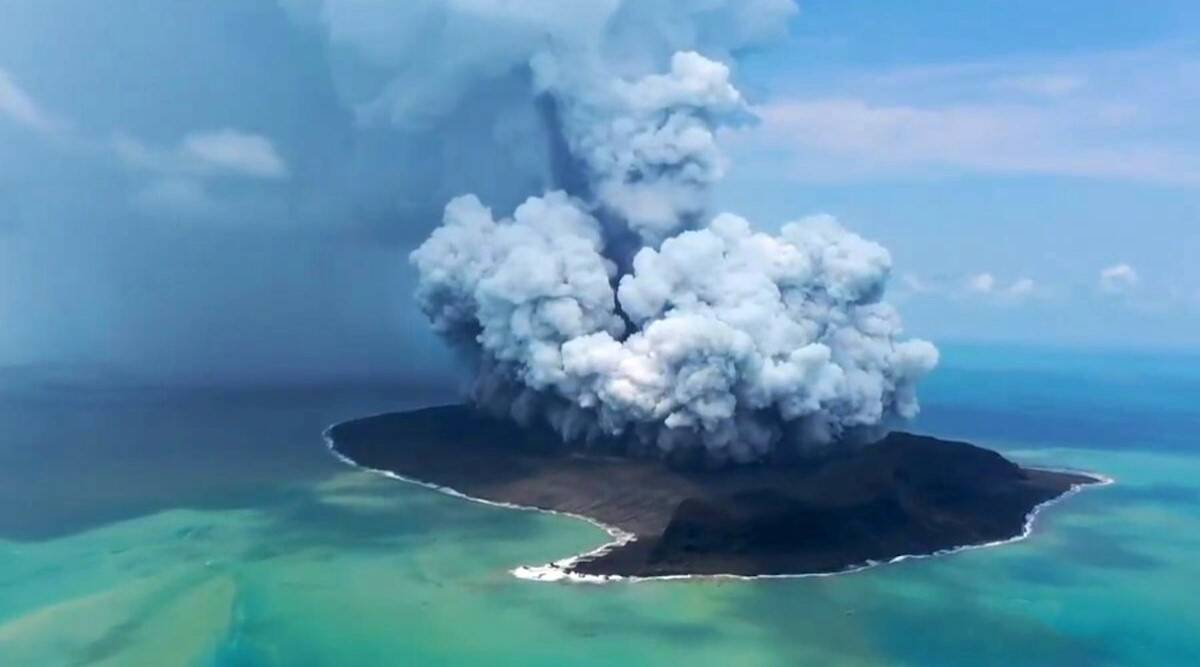In response to the violent eruption of an underwater volcano on January 15 near the Kingdom of Tonga in the South Pacific, the European Union is providing €200,000 (513,000 Tongan paʻanga) in humanitarian aid funding to assist the most affected communities.
The aid will benefit over 7,500 people in some of the hardest-hit areas in the main island groups of Tongatapu, Ha’apai, Vava’u, ‘Eua and Niuas.
“People in Tonga have been severely affected by the volcanic eruption and ensuing tsunami”, said the Commissioner for Crisis Management, Janez Lenarčič.
“The European Union has provided emergency funding to allow first responders on the ground to deliver vital assistance to the worst-hit parts of the impacted islands. We stand in close contact with the Tongan authorities and further European support has been offered. Our thoughts go to all those affected.”
The EU funding supports the Tonga Red Cross Society (TRCS) in providing the most vulnerable communities with emergency shelter and essential household items, health and water, sanitation and hygiene support, as well as psychological first aid and other critical assistance. To date, there has been only one confirmed case of COVID-19 in Tonga and all necessary measures will be in place to minimise the transmission of the virus during the operation.
The funding is part of the EU’s overall contribution to the Disaster Relief Emergency Fund (DREF) of the International Federation of Red Cross and Red Crescent Societies (IFRC).
The eight-minute eruption of the Hunga Tonga-Hunga Ha’apai volcano sent plumes of ash, steam and gas up to 20 km into the atmosphere, and triggered a tsunami that spread across the Pacific in a matter of hours. Thousands of people in Tonga are thought to be in need of assistance, with buildings destroyed, communications disrupted and entire settlements covered in a thick blanket of fallen ash.
Most homes are located along the coastline and were likely inundated by the strong waves triggered by the eruption. There is likely significant damage to settlements, buildings, vital infrastructure and crops, livestock and fisheries. Falling ash and saltwater from the tsunami have also polluted drinking water sources for tens of thousands of people across the country.
SOURCE: EU PACIFIC/ PACNEWS














